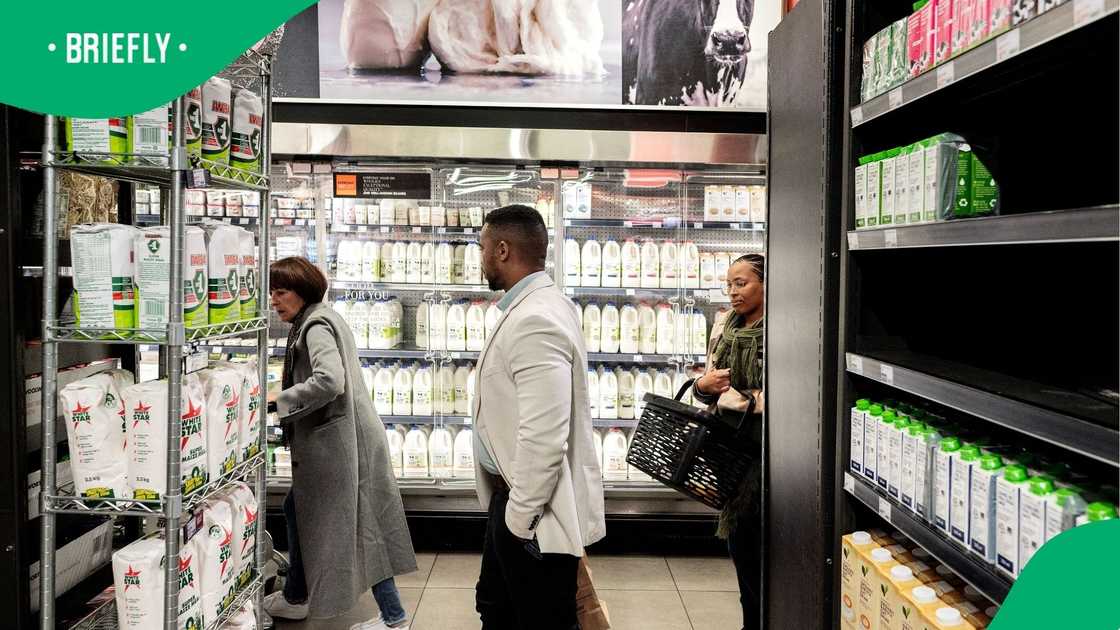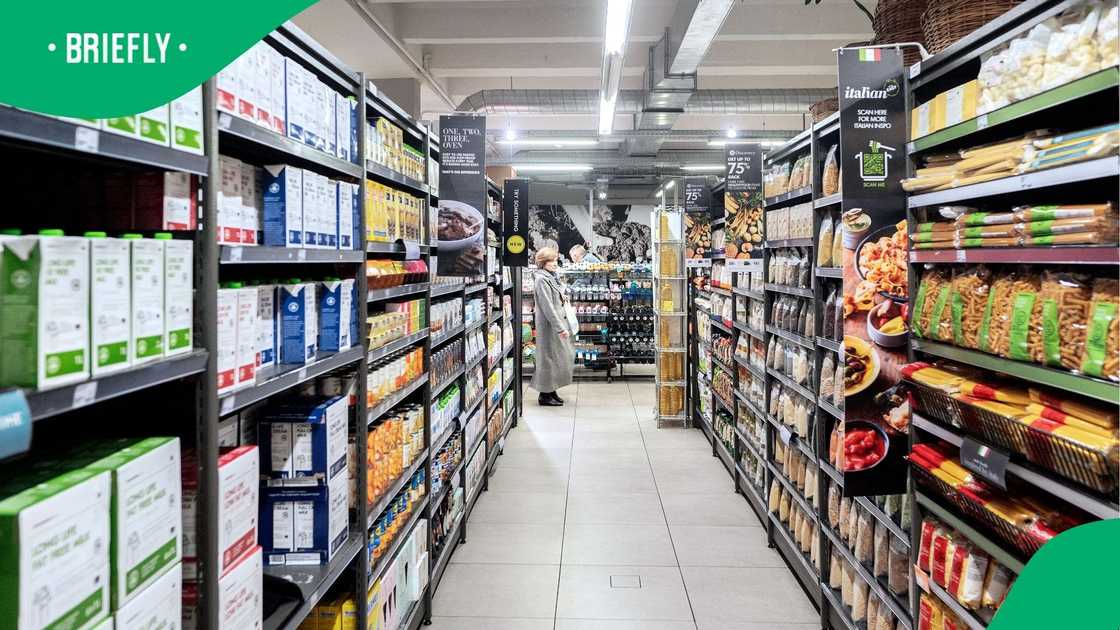The Scale of Food Insecurity and the Need for Sustainable Interventions
Food insecurity remains a global crisis in 2025, impacting millions worldwide. According to the United Nations World Food Programme (WFP), 750 million people are undernourished, which has increased due to ongoing global disruptions such as climate change, economic instability and pandemics. In South Africa, about 7 million individuals are affected, a stark reminder of the need for long-term, sustainable interventions to build resilient food systems.
Don't miss out! Join Briefly News Sports channel on WhatsApp now!
Dr Thuli Tabudi is the National Sustainability: Socio-Economic & Transformation Executive at The SPAR Group South Africa. With over two decades in the retail industry, she has held various leadership roles since joining SPAR in 1999, including HR Manager and Group HR Executive.

Source: Getty Images
Food insecurity extends beyond hunger. It involves a lack of access to nutritious food that is essential for health and well-being. In South Africa, factors such as economic inequality, climate change, high unemployment (still above 32%) and disrupted food supply chains exacerbate the issue. A deeper understanding of these drivers is crucial for developing impactful long-term solutions.
Community-based projects
Corporations and the private sector play a significant role in the fight against food insecurity through innovative, sustainable interventions. For example, SPAR has demonstrated that partnerships with community-based projects and organisations can make all the difference. The long-term benefit requires strategic action, through an approach that focuses on key areas where the greatest impact can be made.
PAY ATTENTION: stay informed and follow us on Google News!
Key areas where the greatest impact can be made
Supporting Local Agriculture: By partnering with small-scale farmers and cooperatives, corporations can provide training, resources and market access. This has been proven to boost productivity and incomes while reducing poverty in rural areas.
Reducing Food Waste: Globally, around 1.3 billion tons of food are wasted each year, contributing significantly to food insecurity. To address this, SPAR has implemented strategies to reduce waste, including inventory management systems, promoting near-expiry products at discounted prices, and donating surplus food to local communities.
Enhancing Supply Chain Resilience: The investment in advanced logistics and data analytics is important to ensure supply chains are efficient and resilient. This is useful in reducing dependency on imports and ensuring a steady supply of essential food products.
Promoting Nutrition Education: Nutrition education campaigns, such as community garden projects and virtual cooking classes, make a great impact as they help to empower individuals to make informed food choices and practice sustainable eating habits.
Fostering Public-Private Partnerships: Addressing food insecurity requires collaboration across sectors. Partnerships with government, NGOs and businesses play a critical role in the implementation of scalable solutions that can drive meaningful, lasting impact.

Source: Getty Images
As we move into 2025, food insecurity demands immediate and sustained action. At SPAR, we are dedicated to empowering communities through sustainable practices that strengthen food systems, support local agriculture, reduce waste and promote nutrition education. By embracing innovation and collaboration, we aim to lead the way toward a future where everyone has access to nutritious food, fostering healthier, more resilient societies.
Disclaimer: The views and opinions expressed here are those of the author and do not necessarily reflect the official policy or position of Briefly News.
Source: Briefly News



